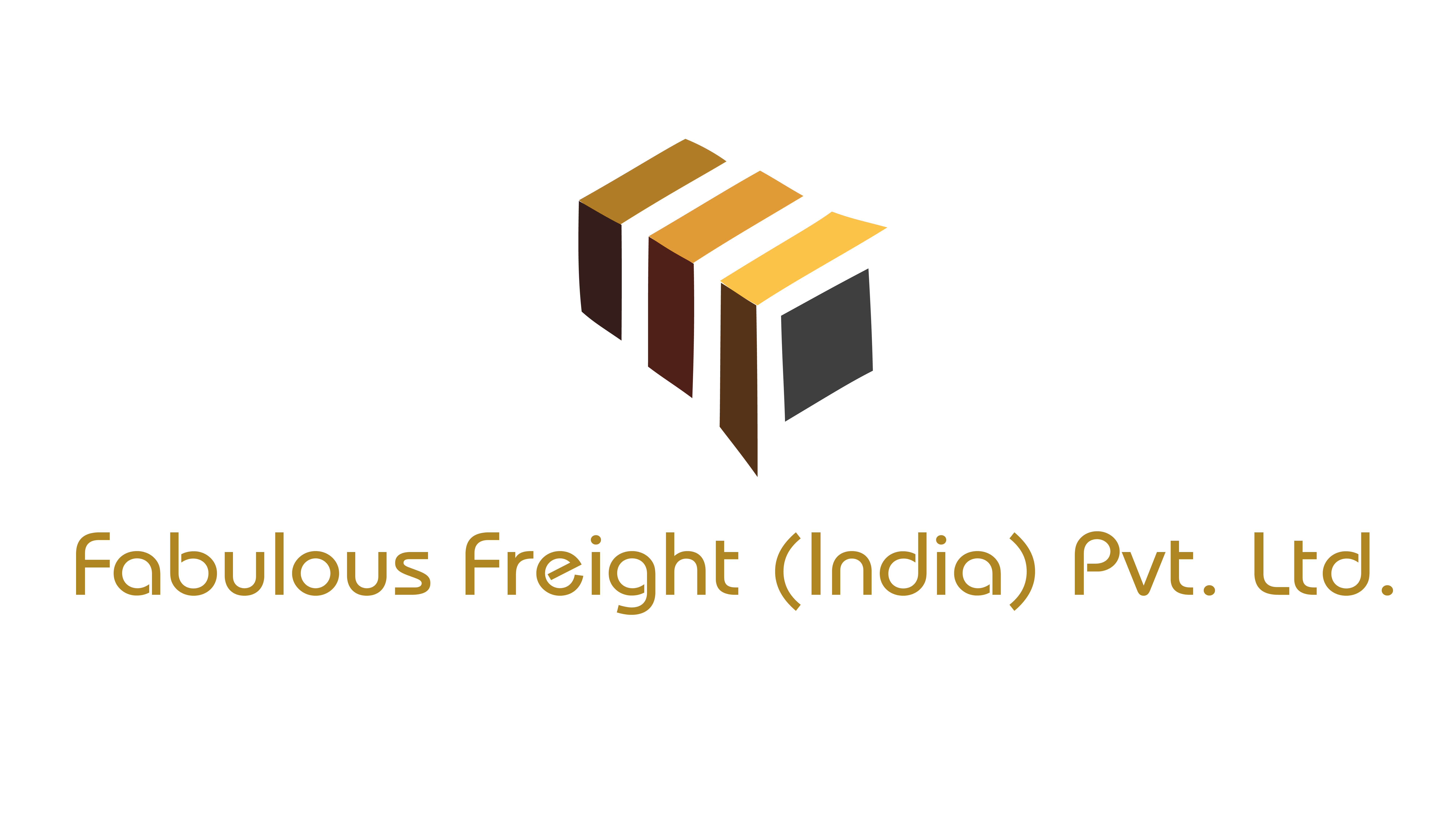Freight Forwarder vs Customs Broker: What’s the Difference?
One of the basic mistakes people generally make, who are a beginner in this field or just unrelated, is to get confused between a Freight Forwarder and a Custom Broker. Understanding the nitty-gritty of the supply chain process is of essential importance to succeed in the international trading business. So if you have precious cargo on a fleet or are planning to have one, it is imperative that you understand the basic terminology connected with the trading business, and the difference between a freight forwarder and a customs broker is the first one you should get at.
Now suppose you have a cargo to export from point A to point B. You need someone to be responsible for the logistics and the physical transportation of the cargo. That person is your freight forwarder. Freight forwarders are responsible for the transportation of your cargo and will have to be in touch with any export personnel and entity in the process. They are the ‘travel agent of the cargo’ and are in charge of assembling and completing a variety of documentation and compliance filings.
A Custom Broker on the other hand in the person or a legal entity who deals with the local government and port authority over the jurisdiction over the imported cargo. They are an extremely vital part of the process if you want to save money and time over the hassling that happens in international trade. We live in a multi-nation world, which has multiple rules and regulations when it comes to trade, and on top of that, there is local government and port authority and the ever-changing laws. It would be best if you have a customs broker to sort this stuff out for you beforehand.
One thing to keep is mind in that a freight forwarder can also provide their service as a customs broker as their job is related but one shouldn’t assume that they are the same. They will work in co-relation can be exclusive. They work together to facilitate your transaction.
Something to look out for – In the US, a customs broker must be licensed under the CBP, United States Customs and Border Protection.
- Published in Uncategorized
How To Mitigate Your Supply Chain Risks
Risks are an ever-present factor in the supply chain business. There could be a lot of issues ranging from supplier base, environmental to the integration among the supply chain. So it is imperative that you choose the right supplier network for you.
The Right Partner for You
While diversifying your network is advised by many, you wouldn’t want to be bogged down in managing your logistical partners. Fabulous Freights provides you with the right type of supply network as well as several other services like freight forwarding & customs clearance for a smooth transaction.
Constant Monitoring
The time has changed. Now people are used to having a constant and precise update regarding their package and the estimated time of delivery. We can blame Amazon for that. But this has given us, the folks at Fabulous Freight (India) Pvt. Ltd., an opportunity to be ahead of the curve and provide constant monitoring to your package.
Attaining full visibility is easier said than done but our specialised services that combine intervention and remediation provide 24 x 7 proactive shipment monitoring and deliver real-time visibility.
Be at the top of Technological Innovation
Without the innovation of GPS, real-time tracing would have remained a myth. Fabulous Freight aims to integrate the latest technological innovation in all aspects of its business. From the live tracking and updation to the electronic invoicing and 24 x 7 customer support, we strive to remain at the top of our game with the latest.
Robust Planning for Unforeseeable Disruptions
Life is unpredictable. As is the case with the supply chain. Not all disruptions are predictable. COVID-19 has taught us better than that.
We have a comprehensive risk evaluating system that helps mitigate and minimise the impact of such events. We take a critical look at your business that evaluate the risk areas and prioritise risks by likelihood. We assist you in developing mitigation contingency plans across the supply chain.
- Published in Uncategorized




